Caring for Cutting Horses … Er, Ponies
In 2012 editor-in-chief Stephanie Church started an editorial tradition: Once a year our four-strong team of dressage/eventing/hunter/jumper riders takes a horsey field trip to try

In 2012 editor-in-chief Stephanie Church started an editorial tradition: Once a year our four-strong team of dressage/eventing/hunter/jumper riders takes a horsey field trip to try
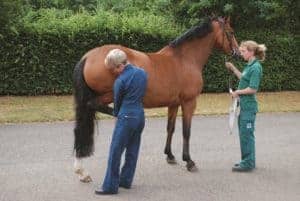
The Animal Health Trust orthopedics team performs cutting-edge research of equine anatomy and function.
I’m sure many of you are aware of the clone wars that have ensued recently between the American Quarter Horse Association and owners/breeders of cloned
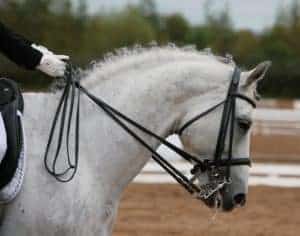
Researchers evaluated the activity of three muscles when horses worked in different head and neck positions.
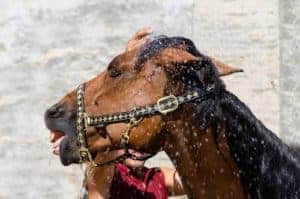
With improved understanding of equine behavior, riders can avoid potentially harmful horse situations.
This winter I’ve made the tough decision not to show my hunter, Lily, at Florida’s 12-week Winter Equestrian Festival. Okay, realistically it wasn’t too difficult

Can a horse’s ears predict a his responsiveness to a task such as jumping? Researchers found out.
Joint injections puzzle me. I’ve seen them administered to aging sport horses whose hock joints don’t function as fluidly as they once did. I’ve heard

Two veterinarians describe recent equine reproduction studies they found interesting and influential.

Learn what different semen evaluations can tell veterinarians about a stallion’s fertility.

Researchers are studying how forces applied by saddle and rider affect a horse’s performance and welfare.
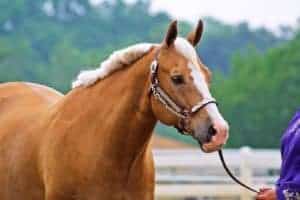
Researchers sought better understanding of the welfare concerns relating to stock-type show horses.

Researchers take a look at whip use by jumper riders and how it relates to performance outcomes.

It seems like horses respond to changes in human voice tone, but is it a coincidence? Researchers found out.
Earlier this spring (as you might recall), my horse Hannah returned to Kentucky from a winter training stint in Florida feeling “not quite right” under
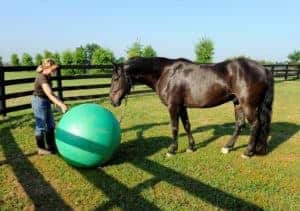
One of the most consistent indicators of equine temperament is a horse’s novelty response, researchers say.
Stay on top of the most recent Horse Health news with